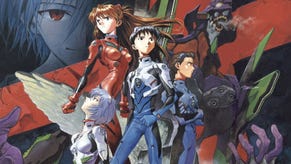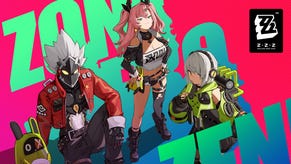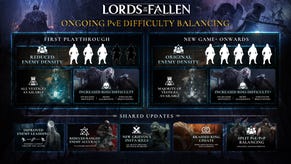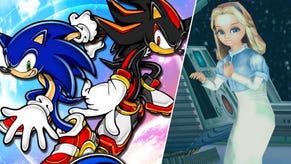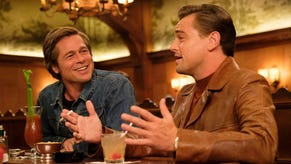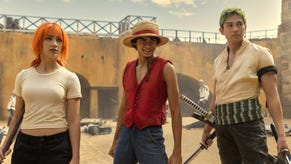Schafer credits Amnesia Fortnights sessions with saving Double Fine
Double Fine's Tim Schafer has said he came up with the idea of Amnesia Fortnights, his firm's brainstorming effort, thanks to film director Wong Kar-Wai and his own particular version used during the making of his epic film, Ashes of Time.
Speaking in an interview with Edge, Schafer said if it hadn't been for these brainstorming sessions, the firm would have continued to focus on larger projects and possibly wouldn't be around today.
"Wong Kar-Wai, he was working on this epic medieval movie called Ashes of Time, and it was this whole ordeal out on location," Schafer explained. "It was really grueling, and it took three years - [Laughs] although three years, that's nothing - and everyone was getting bogged down by the whole production and he said, 'You know what? I'm gonna take my cinematographer, and my two stars, and we're gonna fly to Hong Kong and just mess around and shoot some stuff.' And then they just improvised, writing the script as they went, and in two weeks they made enough footage for what would become Chungking Express and Fallen Angels, which are his two most famous films. And then they went back and finished Ashes of Time. We spent five years in the world of Brutal Legend, and that game has one vision of the world, which is 'Heavy Metal is f**king awesome.' I'm into that, and some of the team was into that, but I know it must be a drag for some people to be stuck in the world of Eddie Riggs for that long.
"So, I thought, let's take a little break from it and do [Amnesia Fortnight], two of the games from which would eventually become Trenched and Once Upon A Monster. It was just a way of doing a creative break for the team, not to make games to make per se, but I always knew that if we got a great idea for a small game that we could make it. Ever since Geometry Wars came out, I thought, 'Wow, there is a way on a console to make a tiny game and have it be cool and sell a lot and get out to a lot of people.' I always wanted to make one of those, to make a game that size. We were just fooling around with it and then it turned out to be the thing that saved us, and that's why we're still here as a company."
Schafer also said thanks to doing smaller projects in a small company, it strengthens all aspects of the firm and makes things more manageable, which leads to less crunch time.
"These games are too short to have death marches; they'd have some periods of intense focus, but the whole project's really only a year," he said. "I don't want to say there wasn't any crunch, because the team might say, 'Well, there wasn't any for you!' There's definitely still a lot of work to do [with a smaller game], but you can't get as behind the eight-ball as you can on a big project.
"Like on Brutal Legend, we had two years. When you have a lot of time, to someone like me - someone who's more creatively minded and not very good with schedules - it feels like an infinite amount of time. And then it slowly creeps in, and you don't really realise it until you say, 'Wait a second, we're going to be a year late. Wait! How did that happen overnight?' On these smaller projects, you're always going to want a little more time than you have, but that amount is smaller because there're fewer features and less chaos. It's more manageable, which means less crunch."
You can read the entire interview through the link.



